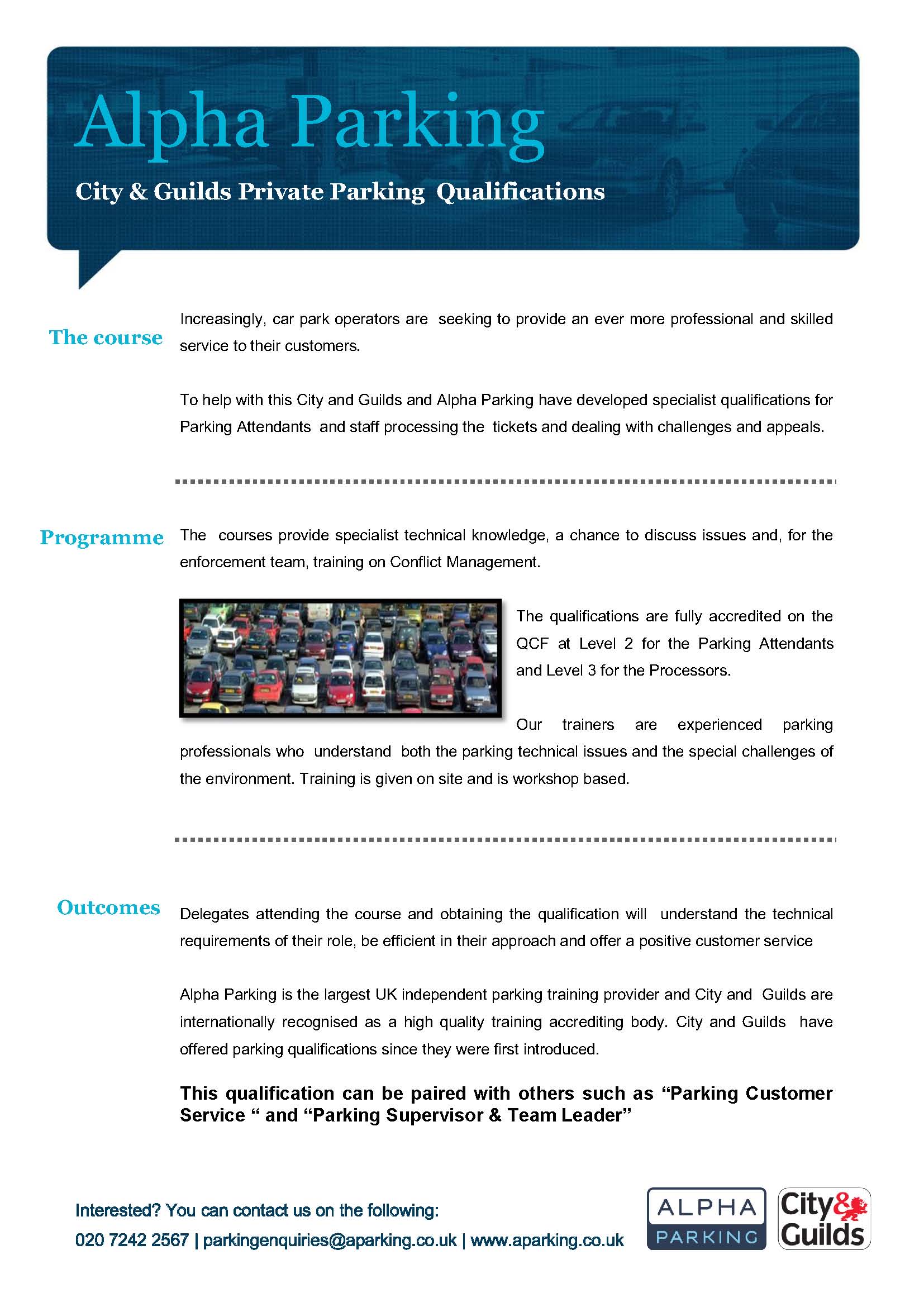To truly understand what challenges your CEOs face in their day-to-day lives, get “streetwise” by learning from the retail industry.
Make no mistake, it’s tough on the streets and the working life of a CEO is far from easy. This much maligned role (at least by the general public) is about much more than simply issuing parking tickets, especially since the introduction of the Traffic Management Act.
CEOs act as the “eyes and ears” of a council on the streets, and in addition to firmly but fairly enforcing parking regulations, as we know, their duties have been expanded. Nowadays, these might include inspecting blues badges, reporting inaccurate or missing signs and lines, reporting suspicious activity and helping to deter car crime.
Aside from their growing responsibilities, dealing with verbal and even physical abuse is now sadly a daily occurrence.
As CEOs are expected to continue performing this crucial role for councils, it is vital their employers offer them the necessary support and training for what is among the toughest local authority jobs.
But how can you measure how well your parking enforcement policy is being implemented across your local authority’s catchment area, where there are any gaps in enforcement, and where extra training may be needed?
There is a measurement tool that can be used which people may be more familiar with in the context of retail stores.
Independent ‘mystery shopping’ studies which are a great way of gauging parking team performance.
Mystery Shopping is a technique which monitors CEOs and Notice Processing Staff in their working environment and if used correctly can effectively ascertain how they interact with the public, how efficiently they carry out their role and their knowledge of the parking services as a whole.
There are a number of ways that the technique can prove invaluable. One London Borough Council wanted to understand why the number of penalty charge notices had dropped under its new enforcement contract.
A number of existing parking “beats” were selected for the study to establish a snap-shot of data, parking compliance and PCN activity within the borough.
Beats were chosen to be as representative of the borough as possible and were patrolled by experienced staff who held the City & Guilds level 2 CEO qualification.
Each street within each beat was patrolled by the mystery shopper as though they were an active CEO carrying out parking enforcement duties, recording all the same data.
The information gathered was cross referenced with the council’s PCN data for the real CEOs who were patrolling at the same time.
The results showed that although there was a high degree of compliance to parking restrictions throughout the borough, there were some inconsistencies in enforcing the parking protocol. Through the use of Mystery Shopping these inconsistencies were identified and remedied.
In another example, a council in North East England employed Mystery Shopping to measure the local council’s overall parking performance.
The mystery shopper team posed as members of the public, interacting with CEOs within a designated patrol beat. In this instance, Mystery Shopping should not be used to ‘entrap’ individual CEOs but rather to monitor and assess their performance.
They also made a series of phone calls, apparently as members of the public, to the parking services department.
The task included shadowing CEOs within a designated ‘beat’, and a team was deployed to different areas of the city to work out how many PCNs they would issue to vehicles believed to be contravening parking regulations.
The team also conducted an in-depth review of the main procedures carried out by the notice processing department.
The resulting data collected was used to provide constructive advice and recommendations on how the service could be improved and where training was needed.
This has the added benefit of providing data for Annual Reports and a benchmark for similar exercises in the future.
So mystery shopping can achieve a lot more than simply measuring how good the customer service is at your local retail stores!

